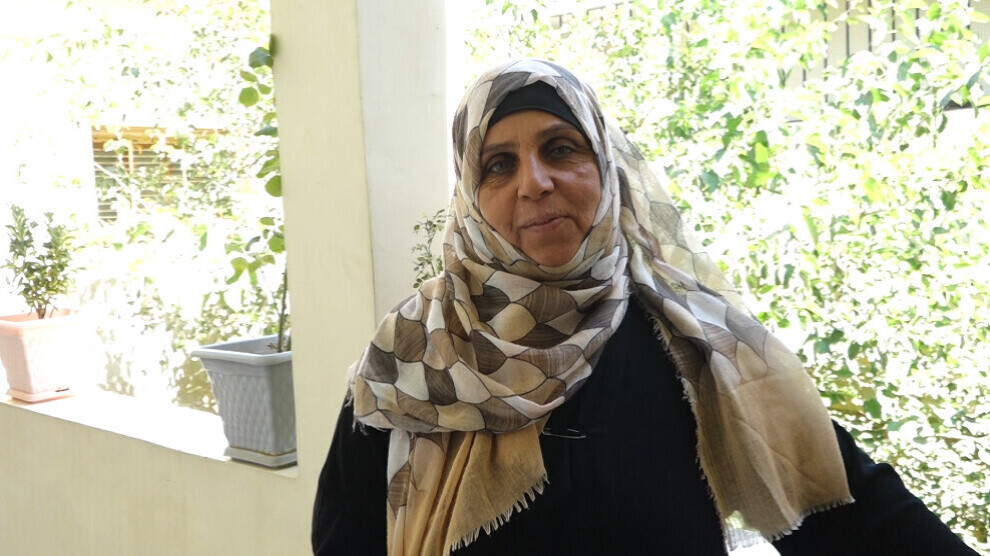Women of Deir ez-Zor still remember atrocities of ISIS: We are stronger now
“We stronger now,” said women living in Hajin, a city in Deir ez-Zor Canton of northeastern Syria, who still remember the atrocities of ISIS, warning that ISIS still poses a threat.

ZEYNEP XELİF
Deir ez-Zor- Following the Syrian civil war that began in 2011, ISIS attacked many cities in the country, killing civilians. Hajin, a city in Deir ez-Zor Canton of North and East Syria, was one of these cities. In 2017, the city was liberated from ISIS by the Syrian Democratic Forces (SDF). The people of the city faced oppression and discrimination during the rule of the Baathist regime and then the massacres and atrocities of ISIS. Since the city was liberated by the SDF, people of the city have participated in decision-making positions. The co-presidency system implemented in the region allows women to demonstrate their existence in all facets of life.
Today, women have participated in all facets of life but never forget what they faced when their city was controlled by ISIS.
‘Women’s lives were turned into hell’
When ISIS entered the city of Hajin, women faced severe restrictions; they were not allowed to go out, they were forced to wear black burqas. The omnipresent Al Hesba, morality police of ISIS, constantly followed women and punished them in public places when they acted against their rules.
“They (ISIS) said, ‘We came in the name of Islam’, but they imposed inhuman practices against us,” said Hamde Al-Ali, one woman living in Hajin, told us. “They always insulted, humiliated and oppressed us. Women’s lives were turned into hell. As women, we were banned from going out, revealing our faces and even raising our voices.
Women were considered as ‘spoils of war’
ISIS abducted young women and raped them and considered women as “spoils of war’. “I saw girls being taken away by cars,” Hamde Al-Ali told NuJINHA. “For ISIS, women’s bodies were a tool to show its power. At that time, we hated Islam because of ISIS. However, we believe that Islam liberates women, not beats or imprisons them.”
Although the region is safer now, women are still afraid that ISIS will regain strength. “Children go to school, people go to work but there is still fear in our hearts. The policies of the interim government pave the way for ISIS to regain strength.”
‘We are stronger now’
Despite all the challenges, women still struggle to play their role in society. “We witnessed the atrocities of ISIS,” said Hamde Al-Ali. “We are stronger now and can protect ourselves. Empowering women is a must to build social peace and stability in Syria.”
